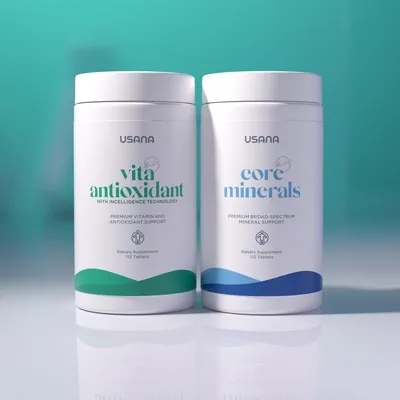Sports injuries can be painful and can happen to anyone who engages in physical activity. Fortunately, you can take several steps to manage and cure your sports injury pain. First, it’s essential to rest the affected area to allow it to heal. Ice and compression can also reduce swelling and inflammation. Physical therapy and rehabilitation exercises can help restore strength and flexibility.
Specialising in sports injury treatment, physiotherapist Dover Kent offers effective and personalised care to help you recover from your injury and reduce pain. Additionally, over-the-counter pain medications and topical creams can provide relief. Sometimes surgery or other medical treatments may be necessary if the injury is severe. This article will highlight the different methods and home remedies you can apply to cure sports injury pain.
Cure Our Sports Injury Pain:
Physical activity with an injury can worsen the damage and prolong the healing process. Depending on the severity of the injury, complete rest or activity modification may be necessary. Adequate rest allows the body to redirect energy toward healing the affected area. It also helps to reduce swelling, inflammation, and pain. Avoiding aggravating movements or positions is also essential to prevent further damage to the injured area. Following medical advice and allowing sufficient rest time to recover fully is crucial.
Apply Ice & Compression:
The injured area reduces swelling and inflammation and alleviates sports injury pain. Ice helps constrict blood vessels, which reduces blood flow and the buildup of excess fluid in the tissues, reducing swelling and inflammation. Compression helps limit swelling and provides support to the injured area. It’s essential to apply ice and compression as soon as possible after the injury, for 10–20 minutes at a time, many times a day. This can be continued until swelling and inflammation are reduced.
Take Over-the-counter Pain Medications:
Medications such as acetaminophen, aspirin, or ibuprofen can help reduce pain and inflammation. Topical creams such as lidocaine or menthol can provide a cooling sensation that can help numb the pain. It’s essential to follow the instructions on the label and not exceed the recommended dosage. Always consult a healthcare professional before taking any medication, especially if you have any underlying medical conditions or are taking other medications.
Seek Professional Medical Advice & Treatment:
A healthcare professional can assess the severity of the injury, diagnose the problem, and recommend an appropriate treatment plan. Treatment may involve medications, physical therapy, rehabilitation exercises, or surgery. Professional medical advice can also help prevent future injuries by identifying the underlying issues or imbalances contributing to the injury. It’s essential to follow the healthcare professional’s advice and complete the recommended treatment plan to recover from the injury fully.
Follow a Physical Therapy or Rehabilitation Program:
A healthcare professional or licensed physical therapist can design a personalized program that includes exercises to help you regain strength, flexibility, and range of motion. Rehabilitation exercises can help you recover faster and prevent future injuries. It’s essential to follow the program as directed and to do it appropriately, as overexertion can worsen the injury. Consistency is critical, and it’s essential to continue the program even after the pain has subsided to prevent re-injury.
Give Yourself Time to Heal & Physical Activity:
Rushing back into activity too soon can worsen the injury and prolong recovery. Allowing the body to heal and build strength before resuming activity is essential. Gradually increasing the intensity and duration of activity can help prevent re-injury and ensure proper healing. Listening to your body and not pushing through pain or discomfort is also essential. It’s better to take more time to fully heal than to risk further injury by resuming activity too soon.
Conclusion – Cure Sports Injury Pain:
Sports injury pain, including sciatica pain, can be debilitating and frustrating, impacting daily life and athletic performance. However, with proper treatment and rehabilitation, individuals can alleviate discomfort and regain functionality, enabling a return to sports and daily activities.Physical therapy, proper equipment, and a gradual resumption of physical activity can also help prevent future injuries. The specialised care and treatment offered by physiotherapist Dover Kent can be a crucial component in your recovery plan, providing effective treatment and personalised care for sports injury pain.




